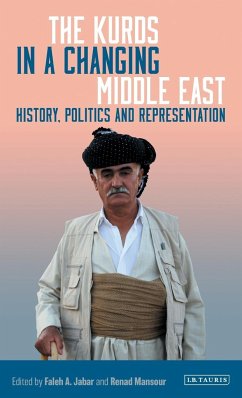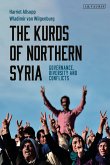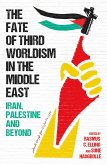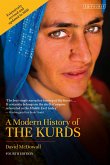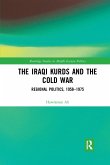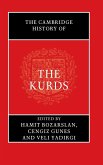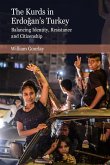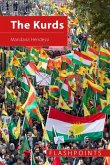The Kurds are one of the largest stateless nations in the world, numbering more than 20 million people. Their homeland lies mostly within the present-day borders of Turkey, Iraq and Iran as well as parts of Syria, Armenia and Azerbaijan. Yet until recently the 'Kurdish question' - that is, the question of Kurdish self-determination - seemed, to many observers, dormant. It was only after the so-called Arab Spring, and with the rise of the Islamic State, that they emerged at the centre of Middle East politics. But what is the future of the Kurdish national movement? How do the Kurds themselves understand their community and quest for political representation? This book analyses the major problems, challenges and opportunities currently facing the Kurds. Of particular significance, this book shows, is the new Kurdish society that is evolving in the context of a transforming Middle East. This is made of diverse communities from across the region who represent very different historical, linguistic, political, social and cultural backgrounds that are yet to be understood. This book examines the recent shifts and changes within Kurdish societies and their host countries, and argues that the Kurdish national movement requires institutional and constitutional recognition of pluralism and diversity. Featuring contributions from world-leading experts on Kurdish politics, this timely book combines empirical case studies with cutting-edge theory to shed new light on the Kurds of the 21st century.

